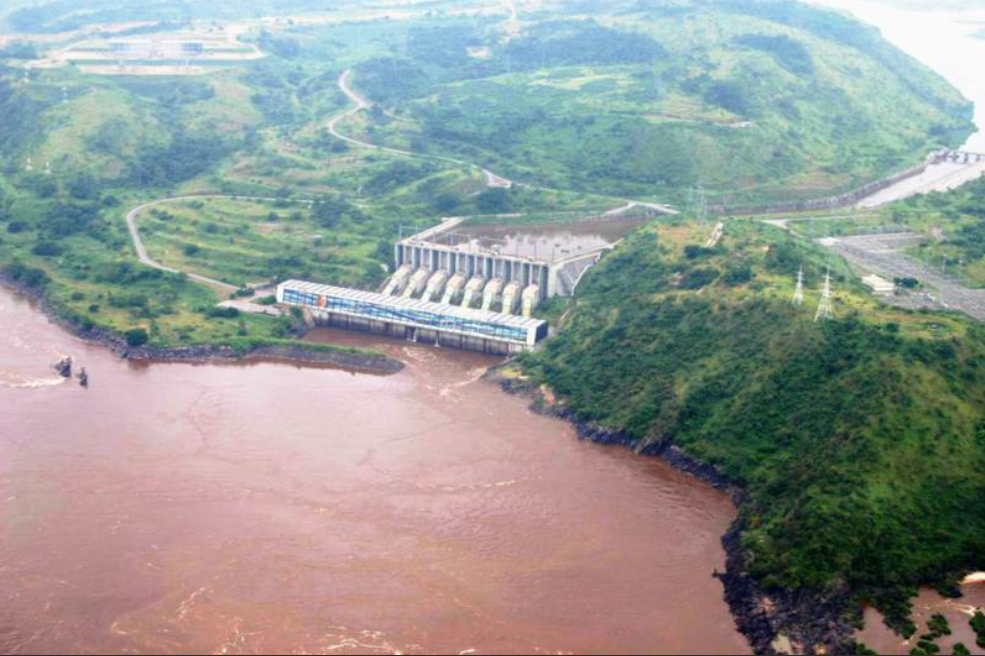By Riss Banuelos
The colonial-capitalist machine is the driver of climate change as it effectively exploits the earth and its beings, destroying countless lifeways. The prerequisite to extracting Nature’s resources has often been the removal and murder of indigenous and local people, severe environmental degradation has been a side effect. Furthermore, for those not displaced, environmental degradation has inhibited access to basic necessities through the contamination or ruination of waterways and food systems. With the ruination of sacred lands, a deeply personal, traditional, and spiritual component is also taken away. This extractivist effort is ongoing and colonial. Through the colonial-capitalist lens, the erasure of beings, culture, identity, and connection to Nature is made justifiable by profits.
There is a lot of fear of climate colonialism hiding under the guise of a “clean energy transition.” At a panel I attended at COP28, “Hydropower as a False Climate Solution,” Emmanuel Musuyu from the Democratic Republic of the Congo expressed his concerns with the Grand Inga Dam. The Grand Inga dam would be the biggest hydropower project sending “green energy” to Europe. Already, earlier projects, including Inga 1 and Inga 2, resulted in local people living near the river losing their land and with it, their identities and cultures. These dams resulted in dramatic biodiversity losses- 45 species of fish dwindled to 15. Not only is this a conservation concern, but food systems connect local people to ancestors and are central to identity and health. For many indigenous communities, a loss in biodiversity is the loss of traditional medicines and practices.
With flood risks and ecological impacts, the Grand Inga Dam risks the displacement of 40,000 people. Furthermore, only 10% of the population of the Democratic Republic of the Congo has access to energy. This project would be providing energy to Europe. The DRC would take all the impacts and receive none of the benefits. This story sounds familiar, doesn’t it? Displacement, risks of death (floods), and the limited ability to practice traditional knowledge (erasure of food systems). Emmanuel Musuyu warns, “This is a new colonization.”
Furthermore, beyond the sociocultural and biodiversity concerns surrounding dams, there are concerns about emissions as well. Mark Easter, an ecologist at Colorado State University explained that dams are huge sources of greenhouse gas emissions. As organic matter builds up behind dams, it sinks to the bottom, where anaerobic microbes feed on the matter, producing methane as a byproduct of digestion. Furthermore, there are CO2 emissions from the change of land use upstream (mostly from deforestation) in addition to CO2 and NO2 emissions from the loss of downstream wetlands and forests. The life cycle emissions are comparable to the GHG emissions of some coal plants.
Among concerns of climate colonialism via “green energy” projects, then, are that dams do not represent emission reductions. Furthermore, while a warming planet impacts us all, it disproportionately impacts Developing Nations and Indigenous and Local Communities. Climate colonialism extends beyond false solutions to the actual impacts of climate change. Climate change threatens the displacement, death, and ability to practice traditional knowledge systems. Climate change is a side effect of the development of neo-colonial empires. The expansion of history’s most effective colonial powers’ (namely the U.S. and U.K.) success is largely attributed to the capital and energy capacity afforded by fossil fuels and other precious earth materials. Their economies are still the biggest beneficiaries of exploitative practices for over and irresponsible consumption. The transition from fossil fuels to renewables must not deploy false solutions that disproportionately distribute costs to the Global South and Indigenous and Local Communities but be fast, fair, and funded for everyone.
